Universal Basic Income Liechtenstein
The population in the Principality of Liechtenstein, as in most post-industrial countries, is currently confronted with four social issues: Financing old-age provision, rising health care costs, unpaid family work, and climate protection. We investigate whether and how an unconditional basic income (UBI) could be a policy option to implement a sustainable welfare instrument.
The idea of a basic income is not new. It goes back a long way and has proponents in various academic circles and across the political spectrum, in what Atkinson (1995) calls a “rainbow coalition.” For example, Meade (1935, 1990) originated the idea of the social dividend, in which the state is viewed as the economic owner of a nation’s wealth, so it should redistribute the income from that nation’s wealth to every citizen in the form of a social dividend. This idea was taken up by Rhys-Williams (1943) and Friedman (1962, 1968) in the form of a negative income tax (NIT).
In addition to living wage concepts, designs for partial basic incomes have also been developed, which – as in the case of caregiving, for example – aim to recognize and compensate the work of caregivers and provide them with financial support and stability. In Liechtenstein, some elements have already been implemented, such as a form of universal care allowance, as with the Liechtenstein Care Insurance, or time-based currencies for care work, such as the “Zeitpolster”.
We explore how such concepts can be implemented and financed and what effects they have, using microsimulation models as a starting point.
Research Team
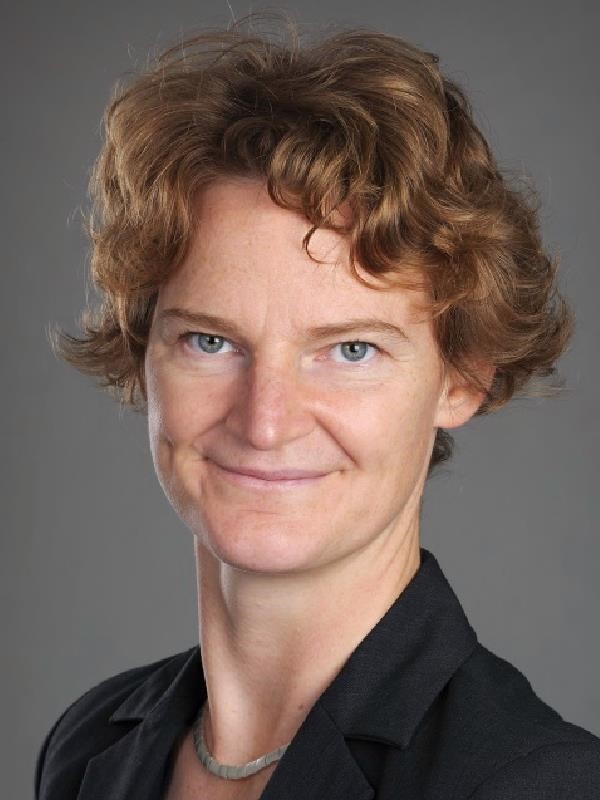
Dr. Tanja Kirn, Assistant Professor at the University of Liechtenstein
studied economics at the University of Potsdam and received her PhD there. She develops microsimulation models and uses them to research the interaction of direct and indirect taxation with a focus on behavioral adjustments, work incentives, and incentives for more sustainable consumption behavior. For the FRIBIS team UBILI she analyzes which socio-political and environmental economic implications the introduction of an unconditional basic income would have in Switzerland and the Principality of Liechtenstein.
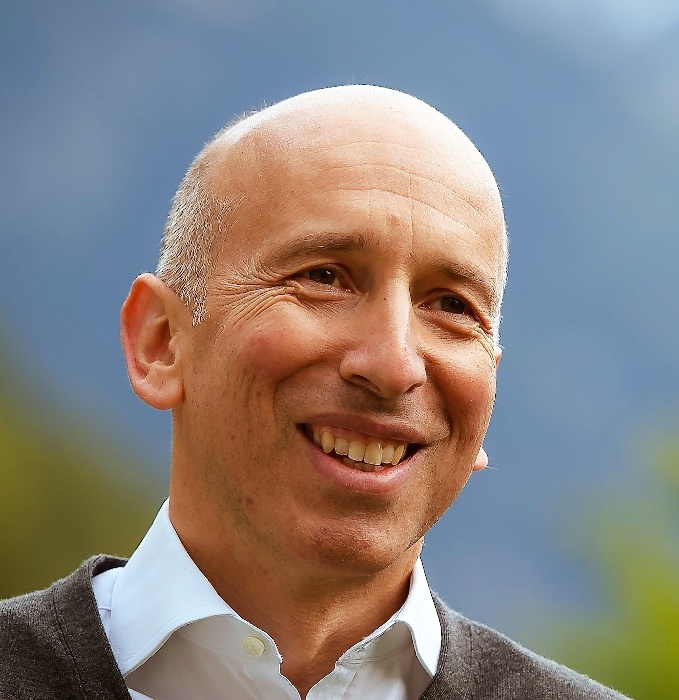
Dr. Hartmut Hübner
School of Management, University of Salford, UK, 2003 – 2006 Doctoral studies
Dissertation: “The Communicating Company – Towards an alternative theory of corporate communications”
Hübner Management GmbH, Vaduz – Managing Director
PAUL-Organizational Development, Munich – Partner
Siemens AG, Financial Services Division, Munich, 02/1999 – 12/2019 Vice President Communications
Deutsche Börse AG, Frankfurt, 10/1995 – 01/1999 Manager Public Relations
Lives in Vaduz, Liechtenstein
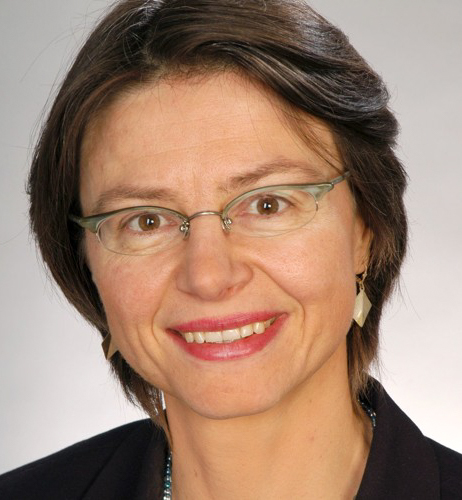
Dr. Elisa Streuli
Lecturer and consultant in management education with a focus on conflict management and consulting at the Zurich University of Applied Sciences
Dr. phil. sociologist, studied sociology, economics, German language and literature and sports at the Universities of Zurich and Basel. “Mediation and Cultural Diversity,” EB Zurich/inmedio Berlin.
Professor at the FHNW and lecturer at the University of Basel as well as several years of experience in professional and management functions in large companies, SMEs and public administration.
Conflict management and consulting, social inequality, leadership, diversity.
Lives in Zurich, Switzerland
FRIBIS Team Coordinator
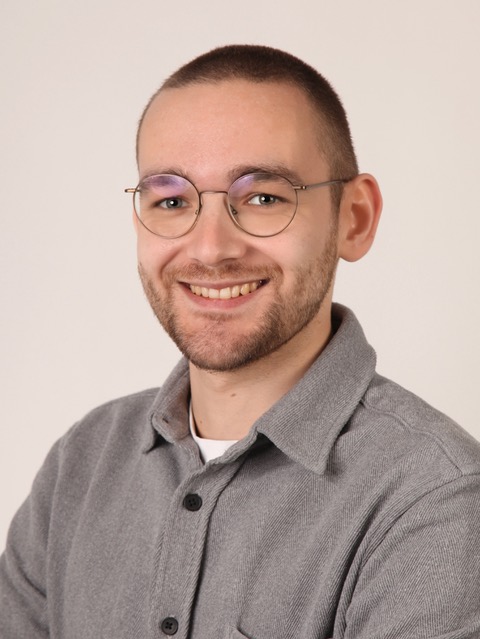
studied economics at the University of Freiburg, is coordinator of the team “Universal Basic Income Liechtenstein” (UBILI) and a PhD student at FRIBIS. The focal points of his research are fiscal and distributive effects of a Universal Basic Income, as well as effects on labor supply, which are investigated with the help of microsimulation modelling.
Contact: patrick.oschwald@fribis.uni-freiburg.de
Transfer Team
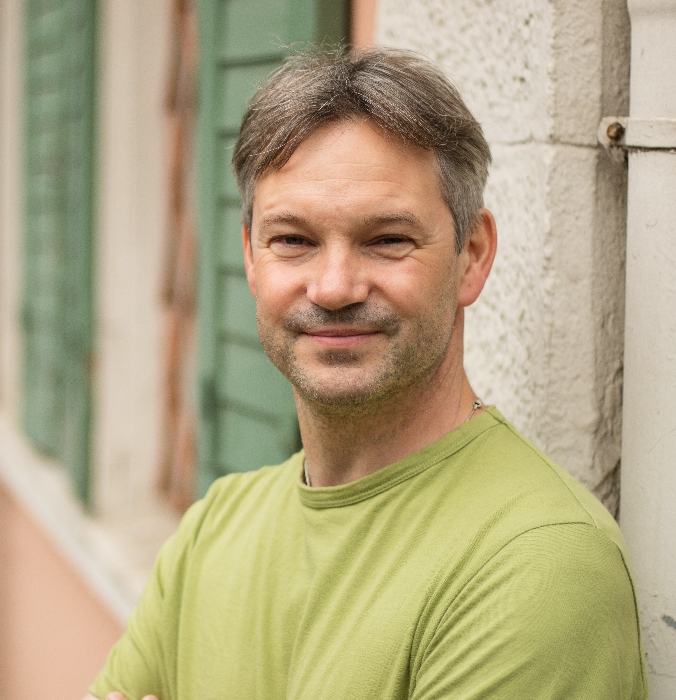
Markus Härtl
Board member of the association National Campaign UBI Switzerland, active in BGE-Rheintal Co-founder of the German single issue party “Bündnis Grundeinkommen” (deputy Bavarian state chairman and federal board member), president of WLF – Forum für wirtschafts- und gesellschaftspolitische Zukunftsfragen Werdenberg-Liechtenstein, co-founder and co-leader of ARGE LIBIC, board member of “Idee Suisse – Schweizerische Gesellschaft für Ideen- und Innovationsmanagement“.
Candidate for the German Bundestag election, the European election and for the Swiss National Council election.
Speaker for the UBI in German-speaking countries.
Publication of various UBI publications.
Lives in Werdenberg, Switzerland
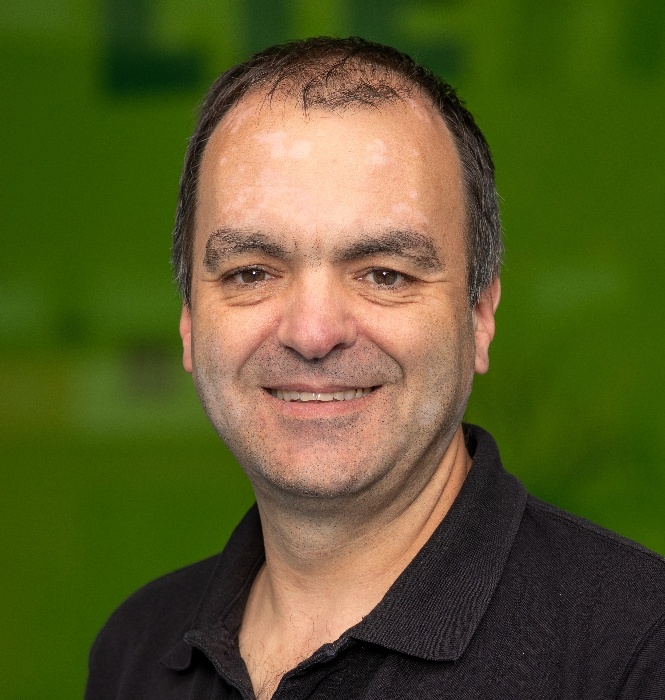
Wolfgang Jenne
Dipl. Ing. Mechanical Engineering FH.
Active in and with: BGE-Rheintal (member), WLF – Forum für wirtschafts- und gesellschaftspolitische Zukunftsfragen Werdenberg-Liechtenstein (board member), ARGE LIBIC (member).
Lives in Triesenberg, Liechtenstein
Associate / external Team-Member
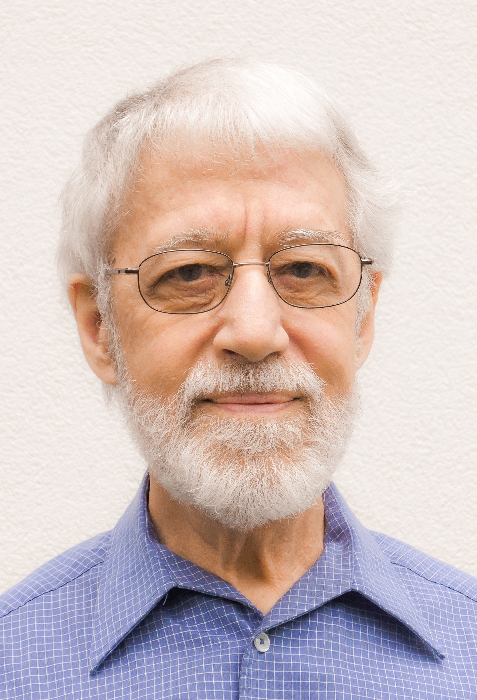
Dr Rudolf Schär
PhD at ETH Zurich on Infrared and Raman spectroscopy, Switzerland. Postdoctoral Research at Purdue University, West Lafayette, Indiana, USA.
1979-1999 Research projects and management positions at the chemical companies Ciba-Geigy and Novartis in Basel, Switzerland.
IT security officer at the global bank UBS in Zurich, quality management at Swiss Exchange and the pharmaceutical company Cilag, Switzerland.
2006-2009 Lectureships at Zurich University of Applied Sciences Winterthur (ZHW) and Zurich University of Applied Sciences (ZHAW), Wädenswil, Life Sciences.
2011-2018 Participation in the popular initiative for an unconditional basic income (referendum 2016) and in the full money initiative (referendum 2018) for Switzerland.
Member of the Swiss-Palestine Society and the Swiss-Palestine-Network, organiser of the Cafe Palestine and supervisor of an A-level thesis on the future of Palestinian youth.